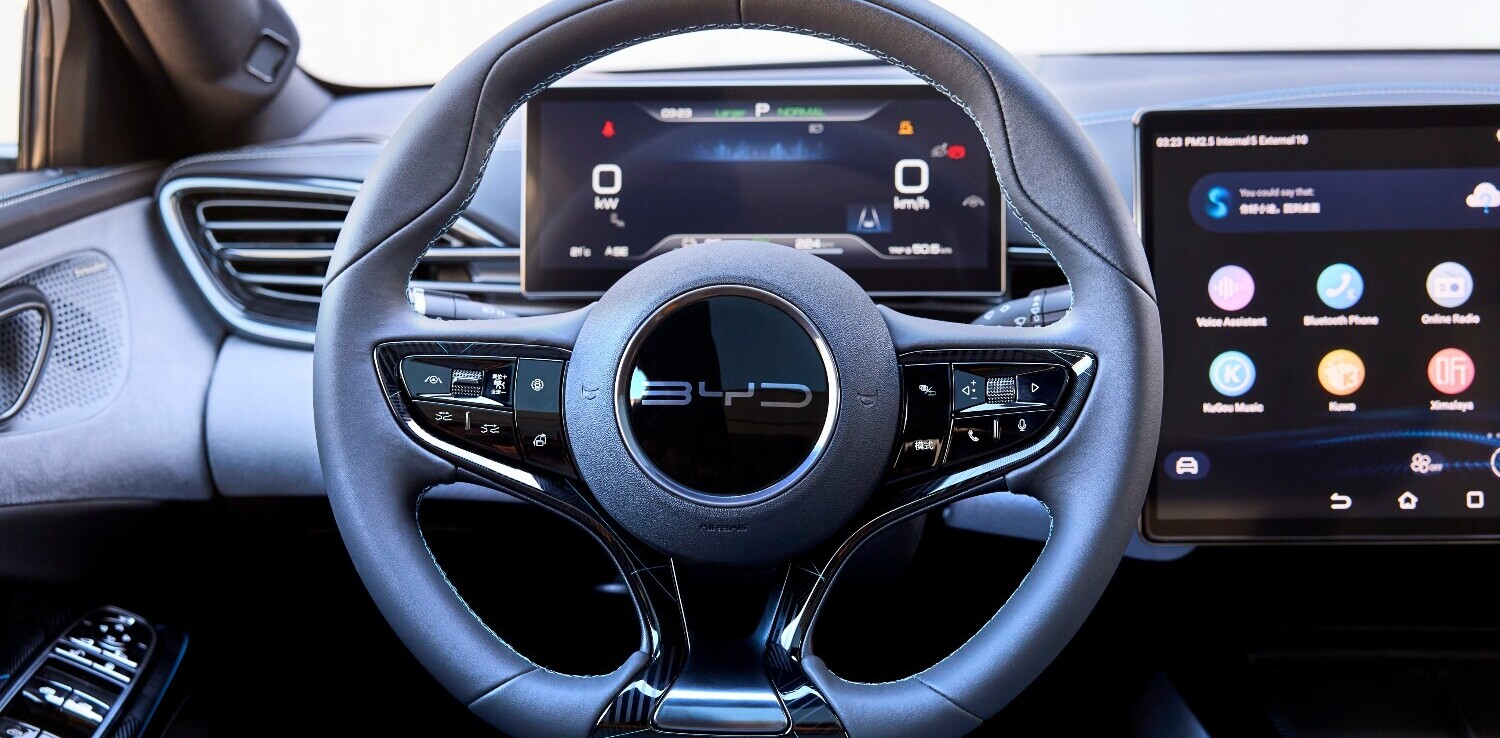
Bentley might not have produced a single EV yet, but it sure aims to make the front page with its first one.
In a recent interview with Automotive News Europe, the brand’s CEO Adrian Hallmark teased some jaw-dropping specs we can expect to see in the electric car.
Planned for 2025, the Bentley EV will be able to deliver up to 1,400 horsepower and accelerate from zero to 60mph (9km/h) in just 1.5 seconds.
If these numbers come true in real action, the Bentley would destroy in a race both the Tesla Model S Plaid (1,020hp) and the Lucid Air Dream Edition Performance (1,111hp). And mind you, these are two of the fastest passenger EVs on the road, delivering 0-60mph in under two seconds.
What’s even more impressive is that the Bentley EV promises to accelerate even 0.35 seconds faster than the Rimac Nevera, the breathtaking 1,914hp electric hypercar.
For those who feel uncomfortable with a hypercal-level acceleration though, there will be the option to reach 0-60mph in 2.7 seconds
But according to Hallmark, this mind-blowing speed isn’t going to be the EV’s main selling point. Instead, it’s going to be the car’s “effortless overtaking performance” thanks to its instant torque.
Naturally, these specs will come with a ridonculous price tag. The CEO didn’t disclose official pricing, but said that at least one variation will cost over $262,000 (€250,000).
Before you despair, there is some good news. If Bentley is anticipating this kind of performance by 2025, we could expect sportier luxury brands like Porsche or Audi to also deliver the same numbers — if not better.
Their vehicles are usually within the $100,000 price range, so this would require selling fewer internal organs.
Get the TNW newsletter
Get the most important tech news in your inbox each week.




